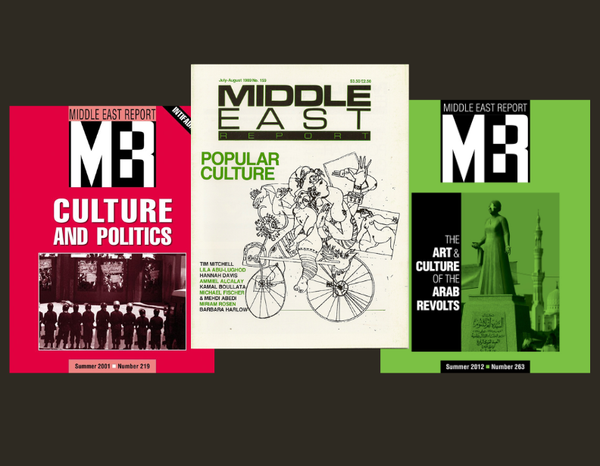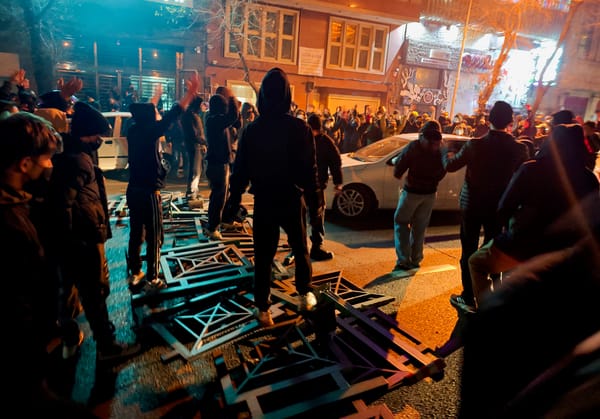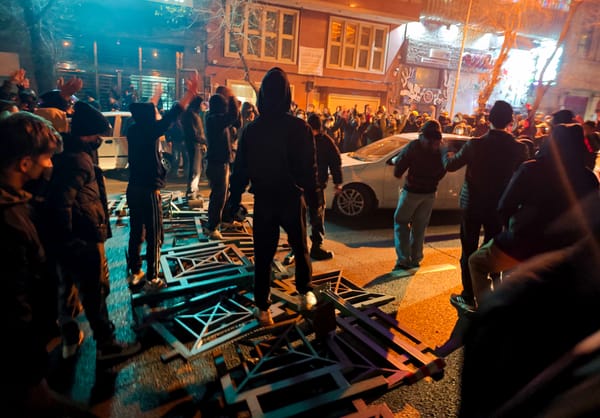Baku's Shaikh-ul-Islam
Shaikh-ul-Islam Pashazada Allahshukur Hummatoglu is chairman of the Board of Management of Caucasian Muslims. Fred Halliday and Maxine Molyneux interviewed him in Baku in July 1984. How are Soviet Muslims organized? There are four separate Islamic religious bodies in the Soviet Union. Three of the









